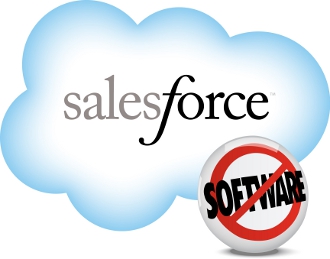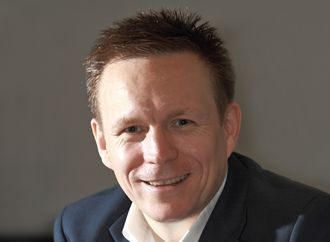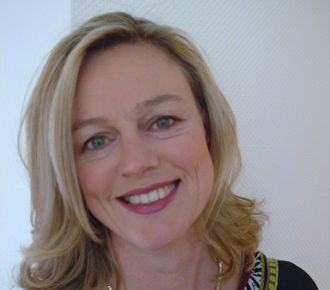 Host Europe Group said it has appointed Lord Birt of the BBC as its non-executive chairman.
Host Europe Group said it has appointed Lord Birt of the BBC as its non-executive chairman.
Birt said that Host Europe, which has over a million customers, and offers cloud hosting and managed hosting, is in a good position to act fast to the needs of its customers. “I am honoured to be invited to join such an industry leading team.”
Euro private equity firm Cinven bought the Group in July and wants to grow it to be the number one in Europe. It has already bought two companies, Telefonica Germany Online Service and domainFactory.
Birt was the director general of the BBC between 1992 and 2000, and has held a number of other positions including chairman of Paypal Europe.
He is a cross bencher in the House of Lords.
Cinven partner David Barker said that his appointment chimes with rapid growth in the European hosting market. Barker claimed the Group is in a strong position to capitalise on the growth.


















